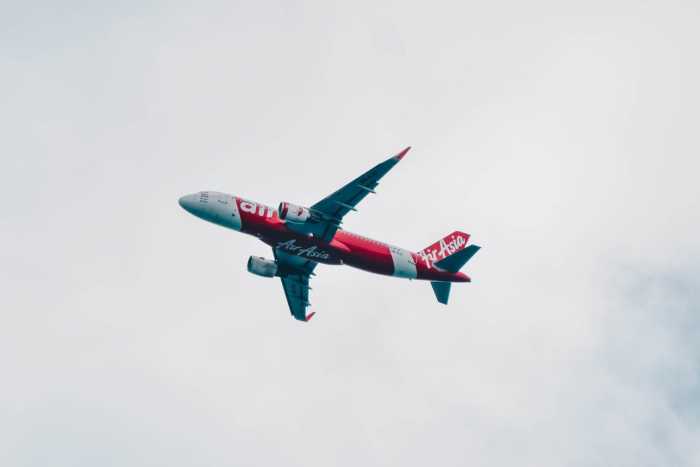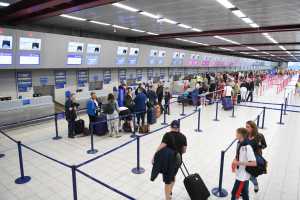
Thai PM’s Cabinet Approves Transport Ministry’s Aviation Development Plan
9th Feb 2017

The PM cabinet in Thailand has given a green light for the aviation development plan proposed by the Transport Ministry. This plan should see the monarchy upgrade to a regional aviation hub for Southeast Asia.
According to assistant minister to the Prime Minister’s officer Mr. Kobsak Phutrakul the development plan will have three phases:
- The first phase will begin this year (2017) and will last until 2021. In it the focus will be on improving Thailand’s capabilities in making aircraft parts as well as on building a repair and maintenance centre for the flag carrier of Thailand, Thai Airways International Plc. (THAI).
- The second phase of the plan will last from 2022 until 2026 and will involve establishing aviation clusters as well as expanding the repair and maintenance centre.
- Finally in the third phase (between 2027 and 2031), the plan is to bring the country’s aviation capabilities to a new level and move from making aircraft parts to designing and manufacturing planes. In addition, this phase should also see the setting up of the Aeropolis at U-Tapao Airport.
According to the assistant minister, the Asia-Pacific region is expected to take over the global aviation industry from the United States and Europe, especially having the region’s economic growth and numerous low-budget airlines in mind.
Mr. Kobsak pointed out that U-Tapao Airport’s location in Eastern Economic Corridor give it a strong starting point for being the repair and maintenance centre for the region.
Last October, in a bid to bring in more investors, the Board of Investment expanded the promotional areas for aviation clusters. Before, industries supporting the aviation cluster had to be located within one of the 14 provinces with airports, or build close to the airport to gain certain privileges, but now that is no longer the case.
Apart from aviation, Thai government is also keen on promoting a total of 10 different industry clusters, including: smart electronics, digital services, food, agriculture and bio-technology, medical tourism, biofuels and bio-chemicals, next-gen cars, medical services, robotics, affluent and finally logistics and aviation.





